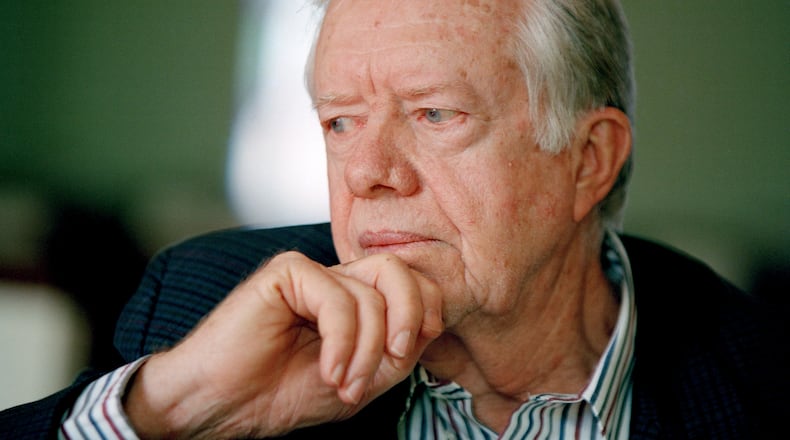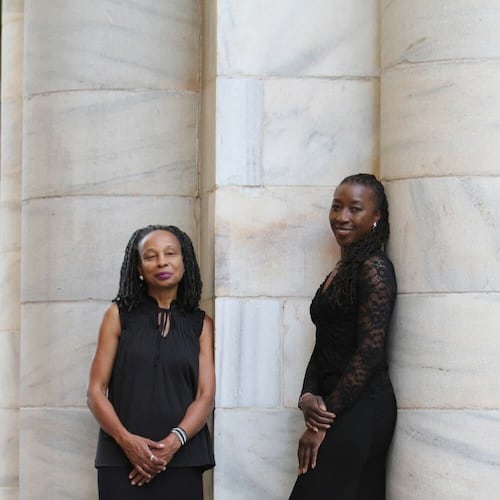After being elected governor, Jimmy Carter said the state’s judiciary should resemble as much of Georgia’s population as possible.
He started making good on that promise in 1972 by appointing the first woman to sit on a state court bench in Georgia — Cobb County State Court Judge Dorothy Robinson.
“As almost all things Jimmy Carter did, he was way ahead of his time,” Marietta lawyer and former Gov. Roy Barnes said Monday, a day after the 100-year-old Carter passed away at his home in Plains. “That was particularly true with his judicial appointments.”
As president, Carter continued his practice of diversifying the courts. By the end of his term in 1980, he had appointed more women and people of color to the federal bench than all previous presidents combined.
“He certainly put some very able people on the courts that previous administrations would have overlooked or never even considered,” Atlanta attorney Emmet Bondurant said.
As president, Carter created a nominating commission to make sure he received recommendations of a wide spectrum of judicial candidates he could nominate to be confirmed by the U.S. Senate, University of Richmond law professor Carl Tobias said.
“The nomination and confirmation of well-qualified, mainstream judges who were diverse in terms of experience, ideology, ethnicity and gender was perhaps President Carter’s foremost domestic success,” said Tobias, who tracks judicial appointments. “Before Carter, no president emphasized diversity in making federal court appointments.”
That was particularly true in the federal courts in Atlanta. In 1979, Carter appointed Horace Ward, who had been denied admission to the University of Georgia law school in 1951 because he was Black, to the U.S. District Court bench in Atlanta. That made Ward the first African American to sit as a federal judge in Georgia.
Credit: David Goldman
Credit: David Goldman
That same year, Carter appointed Orinda Evans to be the first woman to sit on the U.S. District Court bench in Atlanta. He also appointed Phyllis Kravitch to become the first woman federal appeals court judge in the South. She initially sat on the Fifth U.S. Circuit Court of Appeals in New Orleans until the circuit was split in 1981. She then became the first female member of the 11th U.S. Circuit Court of Appeals in Atlanta.
Credit: Bill Rankin
Credit: Bill Rankin
In 1996, another Carter appointee, former NAACP Legal Defense Fund attorney Joseph Hatchett, would become the first Black chief judge of the 11th Circuit, which has jurisdiction over federal cases in Georgia, Alabama and Florida.
Until Carter became president, only two women had sat as judges on a federal appeals court, which is one rung below the U.S. Supreme Court. While president, Carter put 11 women on the nation’s federal appellate courts and 30 more on U.S. District Court benches.
As president, Carter did not have the opportunity to nominate someone to sit on the nation’s highest court. But he did put future Justices Ruth Bader Ginsburg and Stephen Breyer on the federal appeals courts in Washington and Boston, respectively.
Ginsburg, who died in 2020, has said that when Carter began appointing women to the bench there was no turning back.
“People often ask me, ‘Well, did you always want to be a judge?,’” Ginsburg once said. “My answer is that it just wasn’t in the realm of the possible until Jimmy Carter became president and was determined to draw on the talent of all of the people, not just some of them.”
About the Author
Keep Reading
The Latest
Featured





